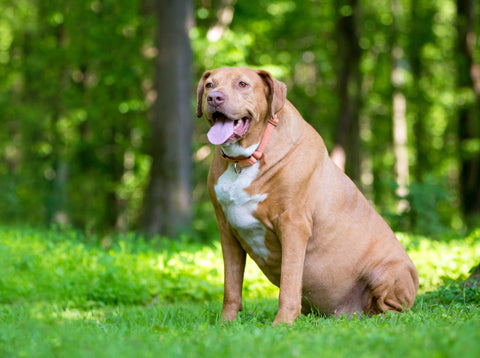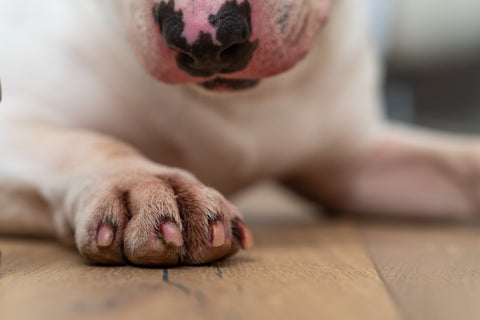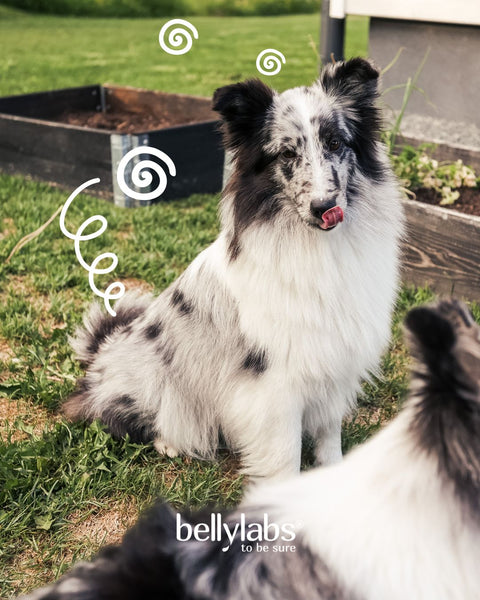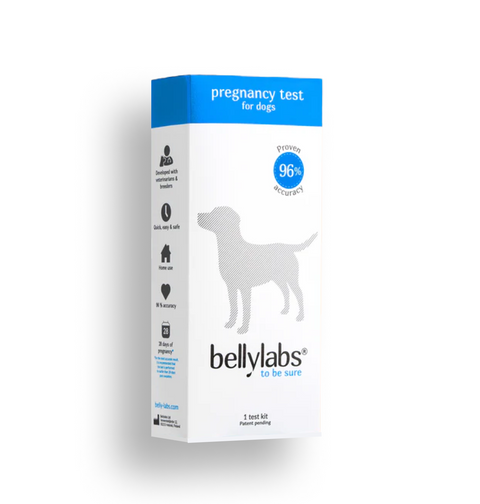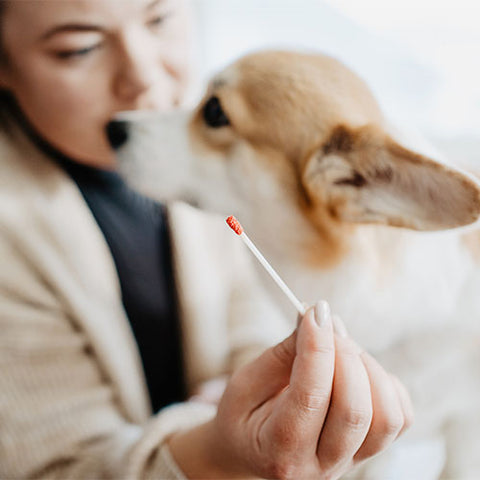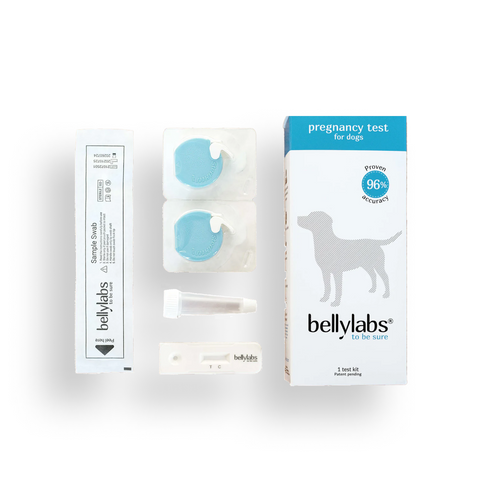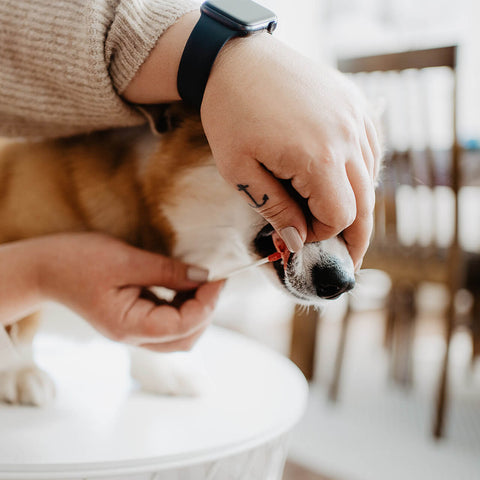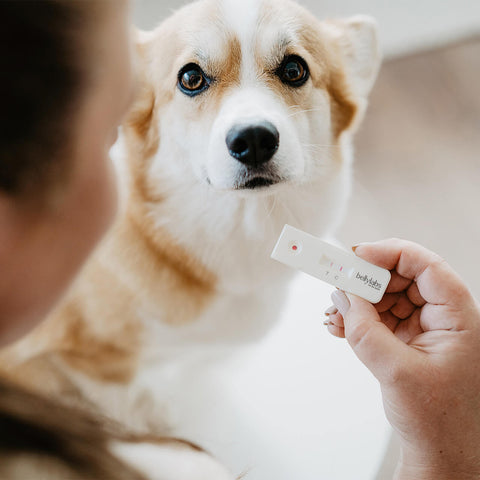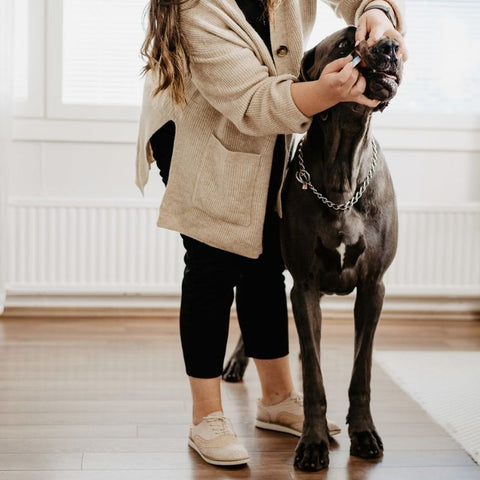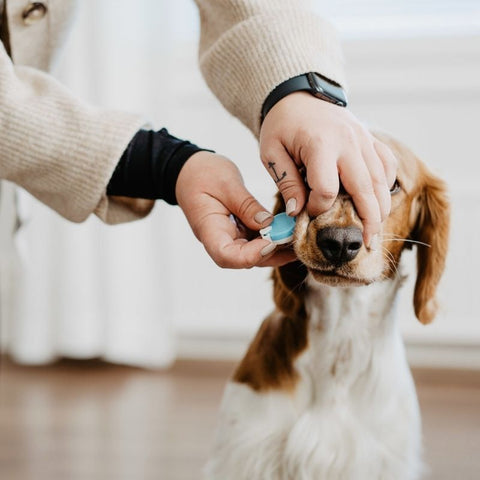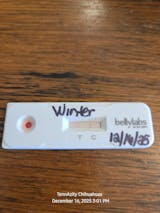Obesity is one of the most common health issues in dogs today. Just like in humans, carrying extra weight has serious consequences for your dog’s quality of life, long-term health, and even fertility. Understanding the risks and how to prevent obesity can help your dog live a longer, healthier, and happier life.
What is dog obesity?
A dog is considered obese when it weighs 15–20% more than its ideal body weight. The most common causes are:
-
Overfeeding or frequent treats
-
Lack of exercise
-
Hormonal imbalances such as hypothyroidism
-
Neutering, which can lower metabolism if diet is not adjusted
Veterinarians often use the Body Condition Score (BCS) to assess whether a dog is overweight. In a healthy dog, you should be able to feel the ribs easily but not see them, and your dog should have a visible waistline.
The health impact of dog obesity
Excess body fat places strain on almost every organ system. Some of the most common health issues linked to dog obesity include:
-
Joint problems and arthritis – extra weight puts pressure on joints and bones, leading to pain and reduced mobility.
-
Diabetes mellitus – overweight dogs are at higher risk of developing insulin resistance.
-
Heart and respiratory disease – fat around the chest makes it harder for dogs to breathe and exercise.
-
Skin infections – skin folds caused by obesity can trap moisture and bacteria.
-
Shorter lifespan – studies show that obese dogs can live up to 2 years less than leaner dogs of the same breed.
Dog obesity and fertility
One lesser-known effect of obesity is its impact on fertility and reproductive health.
-
In female dogs, obesity can disrupt the hormonal cycle, leading to irregular heat cycles or even infertility. It may also increase the risk of pregnancy complications and difficulties during whelping.
-
In male dogs, obesity has been linked to lower sperm quality and reduced libido. Excess fat tissue produces hormones that interfere with normal testosterone function.
Maintaining a healthy body weight supports not only overall wellbeing but also hormonal balance and reproductive success.
How to help your dog lose weight
If you suspect your dog is overweight, here are steps to take:
-
Visit your veterinarian – they can confirm obesity and rule out medical causes.
-
Adjust the diet – feed a balanced diet with controlled portions. Avoid table scraps and limit treats.
-
Increase activity – daily walks, playtime, and interactive games can help burn calories.
-
Track progress – weigh your dog regularly and monitor body shape. Small, consistent changes bring the best results.
Prevention is key
Preventing obesity is always easier than treating it. Puppies, adult dogs, and seniors all need the right balance of food and exercise. Choosing high-quality nutrition, measuring food portions, and keeping your dog active are the best steps you can take.
Frequently asked questions about dog obesity
How do I know if my dog is obese?
You should be able to feel your dog’s ribs without pressing hard, and there should be a visible waist when looking from above. If these are not clear, your dog may be overweight.
Can obesity affect my dog’s fertility?
Yes. In female dogs, obesity can disrupt hormonal balance and make pregnancies riskier. In male dogs, it may reduce sperm quality and libido.
What is the healthiest way for my dog to lose weight?
The best approach is a combination of portion-controlled feeding, regular exercise, and veterinary guidance. Crash diets are not recommended for dogs.
Does neutering cause obesity in dogs?
Neutering does not directly cause obesity, but it can lower metabolism. If food intake is not adjusted, dogs may gain weight more easily after neutering.
How much exercise does my dog need to maintain a healthy weight?
Most dogs benefit from at least 30–60 minutes of daily activity, depending on their breed, age, and health. Your veterinarian can give tailored advice.
Key takeaway
Dog obesity is not just about appearance—it is a serious health issue that shortens lifespan, reduces quality of life, and negatively affects fertility. By maintaining a healthy weight, you are giving your dog the best chance for a long, active, and healthy life.


